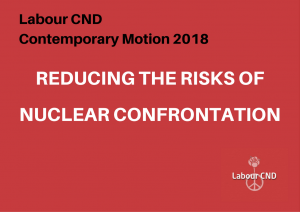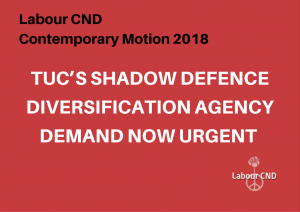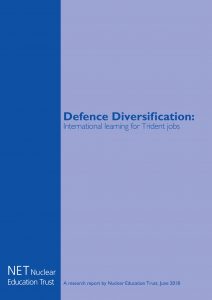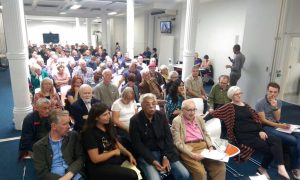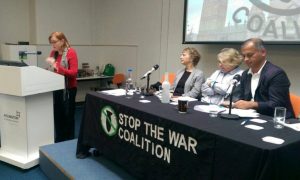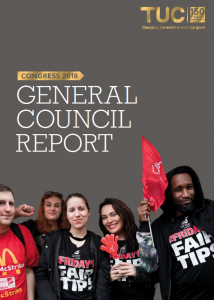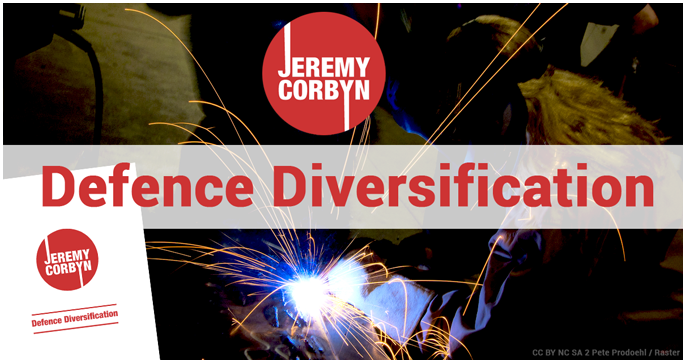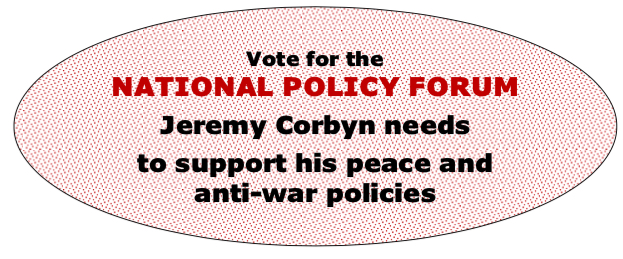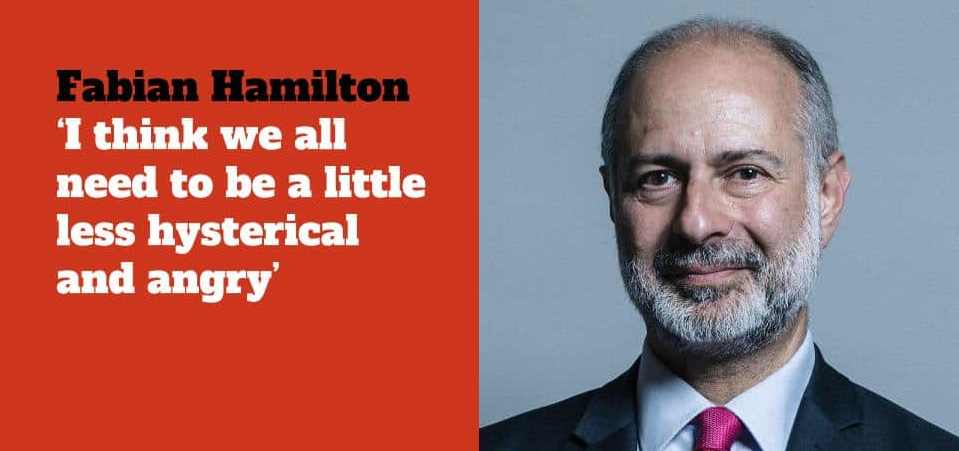– CND event at The World Transformed
Whenever Britain’s Trident nuclear weapons system comes up for debate, a huge row breaks out in the Labour Party. Many members want it scrapped. Some want it for ‘status’ reasons. Others say it should be kept because there are jobs involved. The debate about how many jobs, for how much, and what could be made instead, is still raging. This is a major issue in the movement, but it regularly hits a brick wall. How can this be resolved? Come and hear from those centrally involved and put your own views into the discussion, at this CND meeting at The World Transformed festival, running alongside the Labour Party Conference.
Continue reading “Labour and Trident: do jobs justify making nuclear weapons?”


